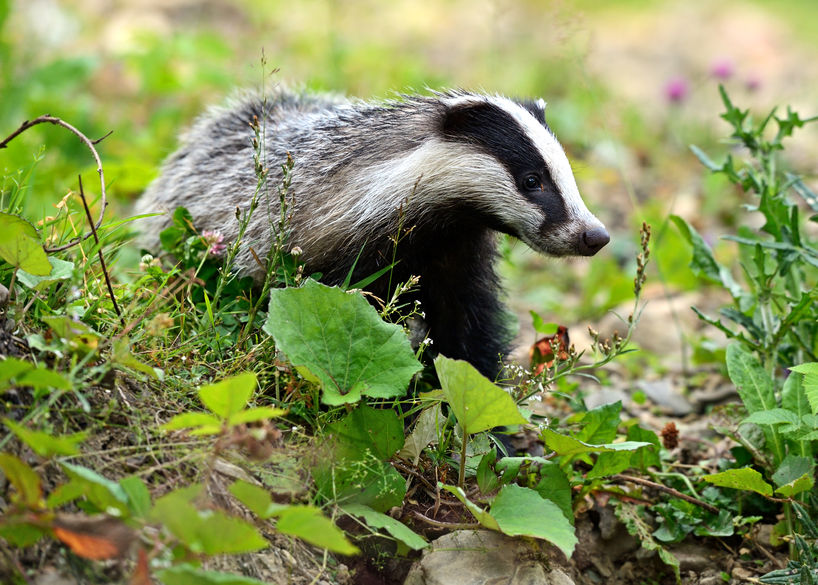
Farmers and landowners are being aksed to send in carcases of dead badgers for further study of the tuberculosis.
Teams based at Universities of Surrey, Nottingham and Liverpool are undertaking a collaborative survey of badger carcases for evidence of tuberculosis (TB).
The survey arises from a collaboration between three university veterinary schools and various stakeholders, with funding from Defra.
It aims to determine whether or not badgers in the 'edge areas' in England (i.e. the eleven counties on the edge of the cattle TB epidemic) have TB, and if so, how common it is.
The approach of this survey is based on a feasibility survey of road-killed badgers in Cheshire in 2014.
That study found around 20% of road-killed badgers were infected with TB, with 10% of those infected having developed signs of disease.
Live badgers will not be caught or sampled, and no badgers will be harmed as part of the study. Instead, the study will make use of badgers accidentally killed on our roads.
'Valuable way of studying disease'
Fresh, found-dead badgers will be collected by various stakeholder groups (farmers, other land owners and wildlife groups) and post-mortem examinations and testing for infection will be carried out by the collaborating veterinary schools.
Using road-killed / traffic-accident sampling is a valuable way of studying disease and conservation issues in wildlife that makes use of an otherwise wasted resource.
The research will be examining carcases collected to study a range of other diseases and conditions, and also to develop new diagnostic tests, although these studies are not part of the Defra-funded survey.
The research stresses that carcases from the general public cannot be accepted due to safety reasons.
